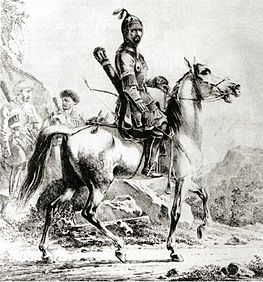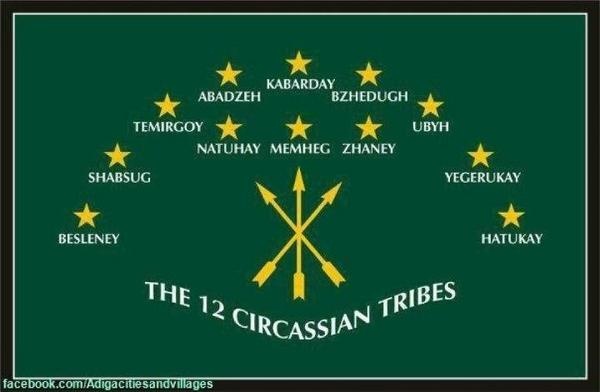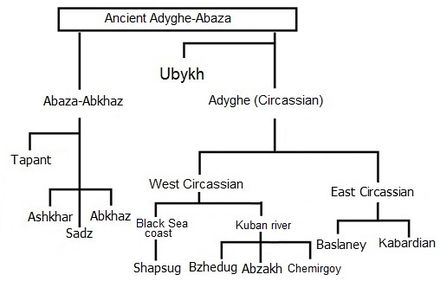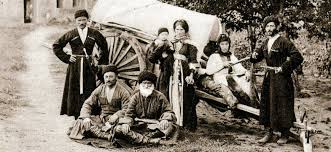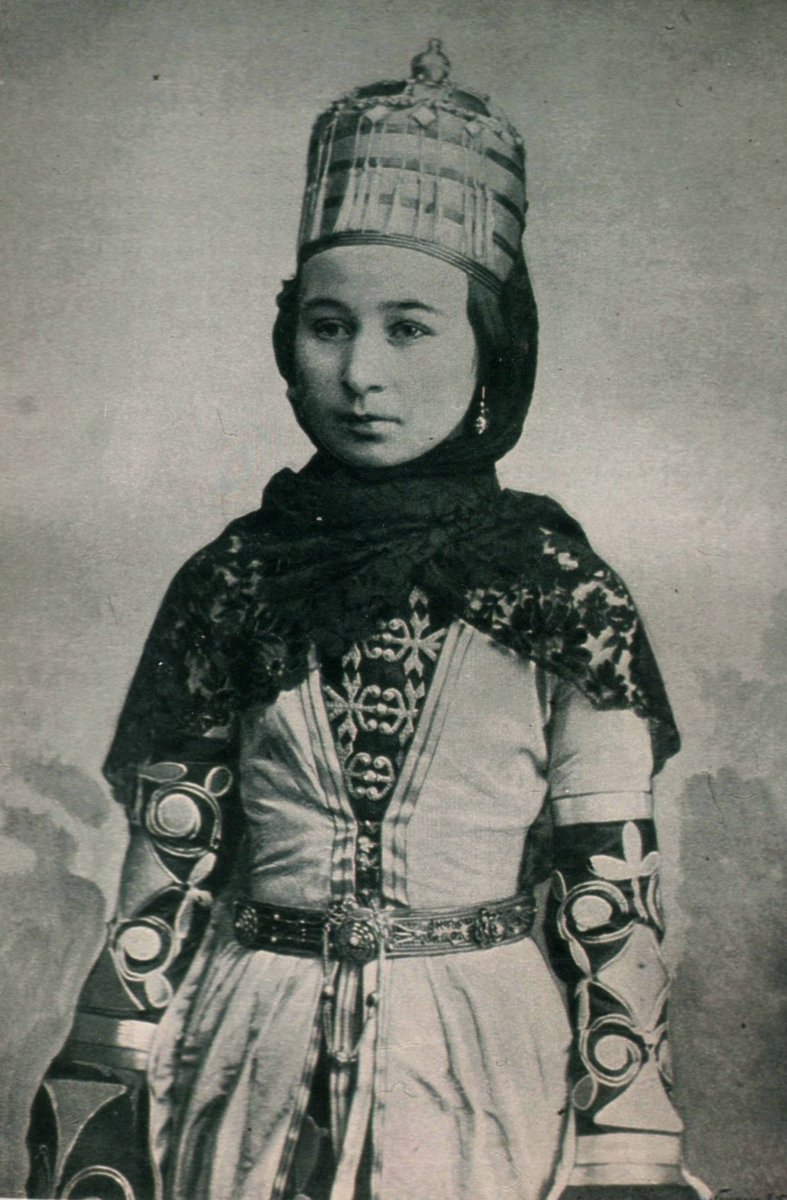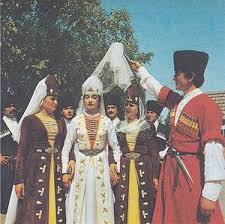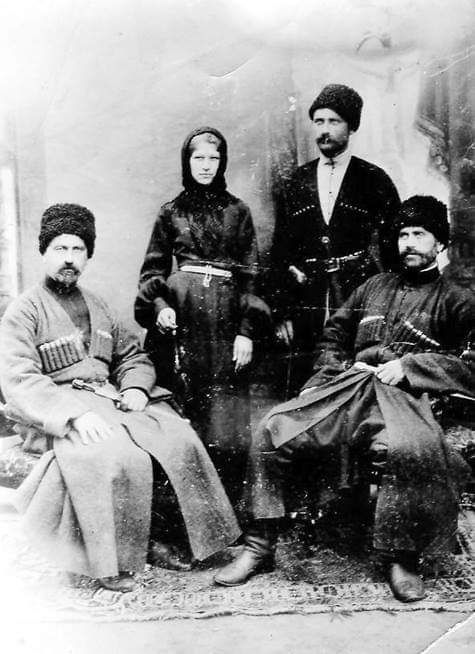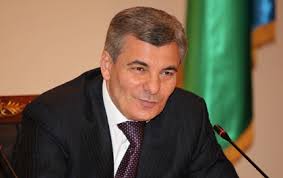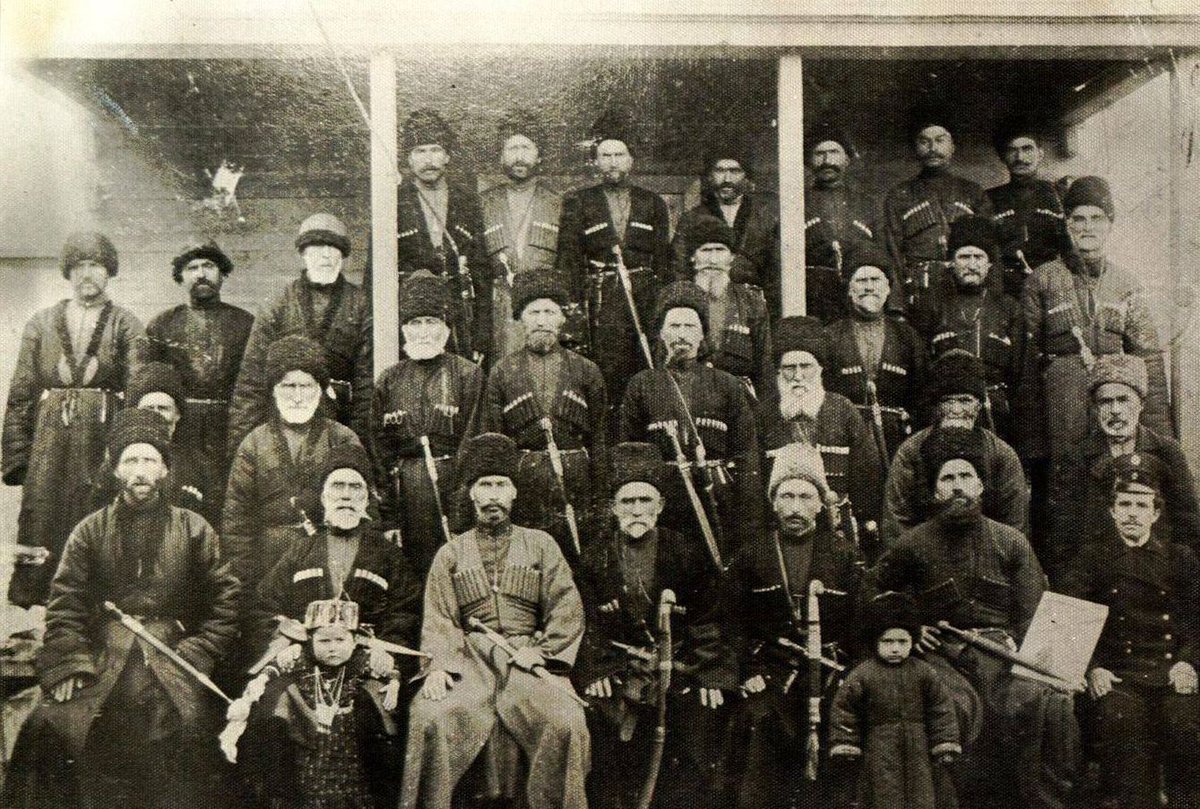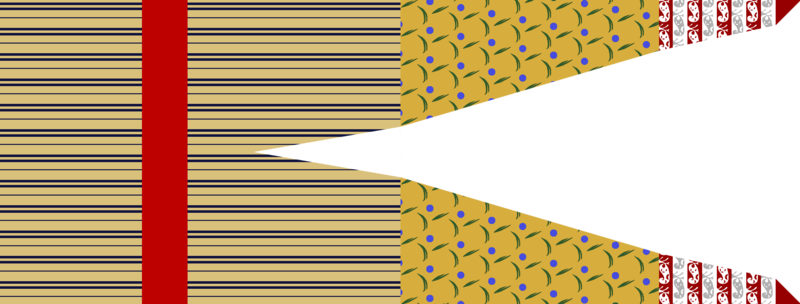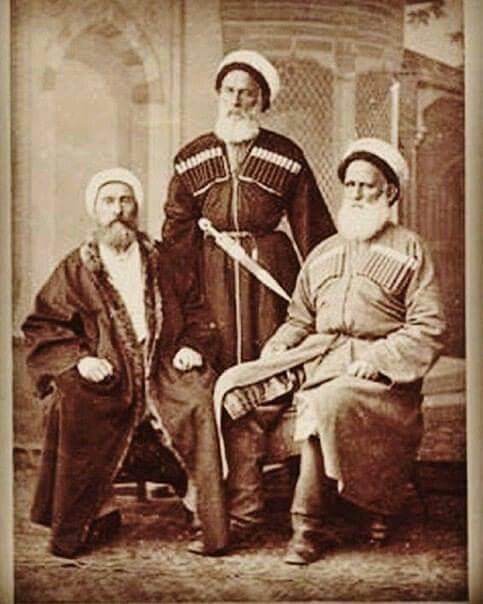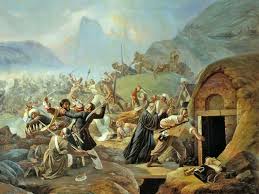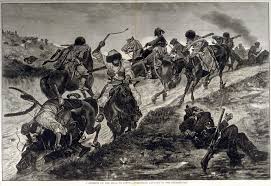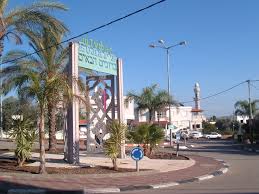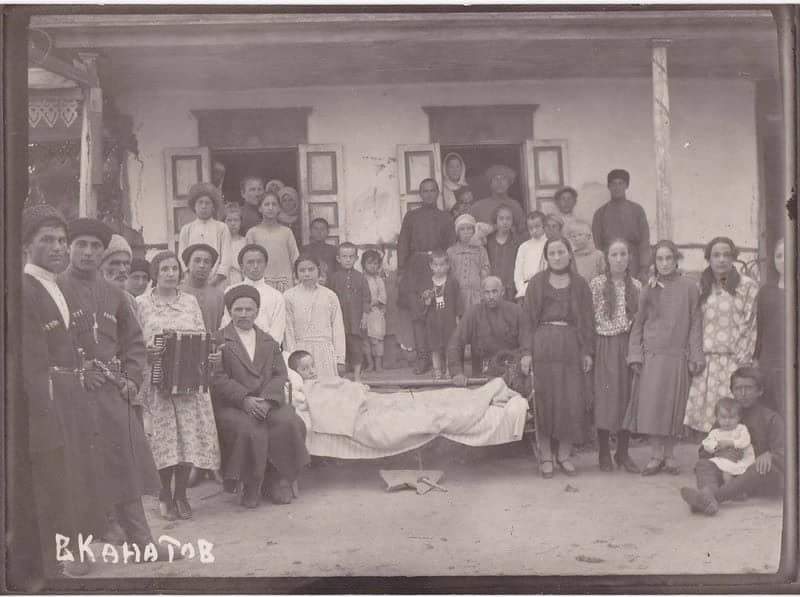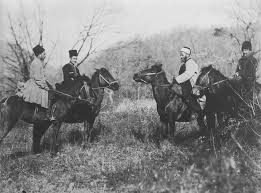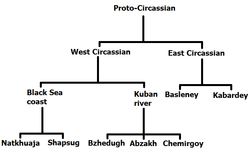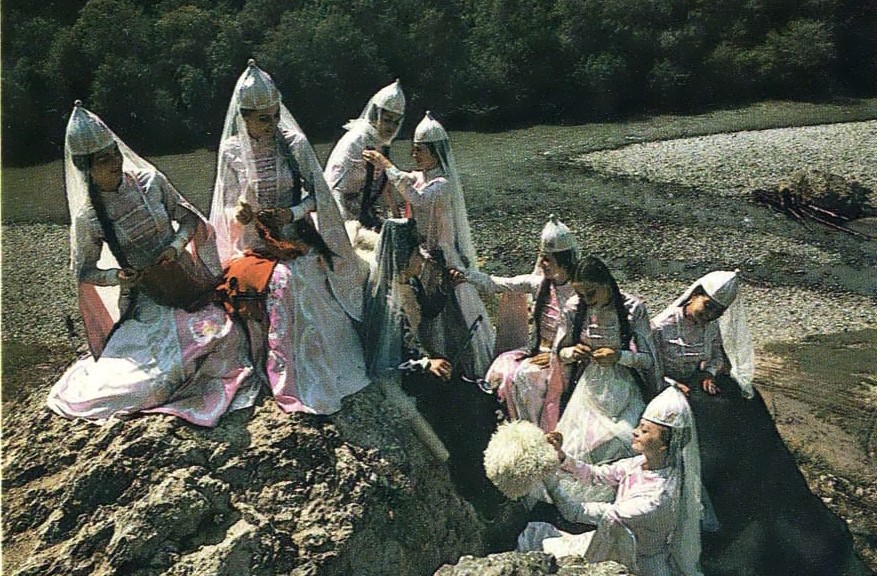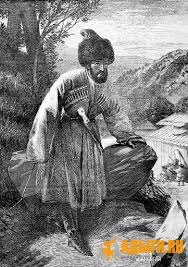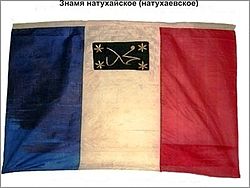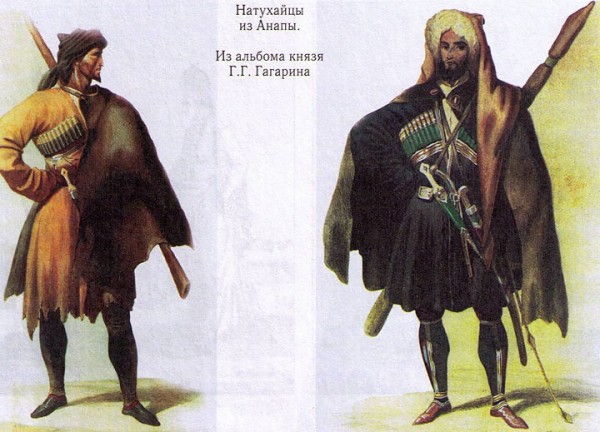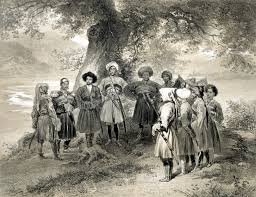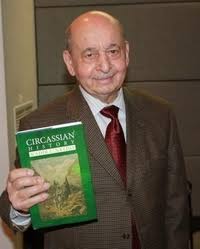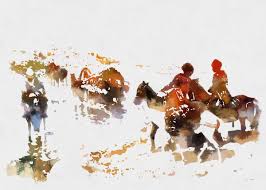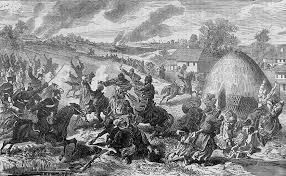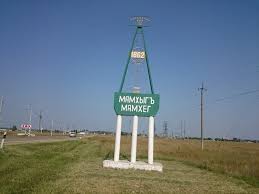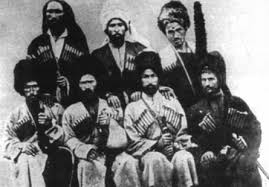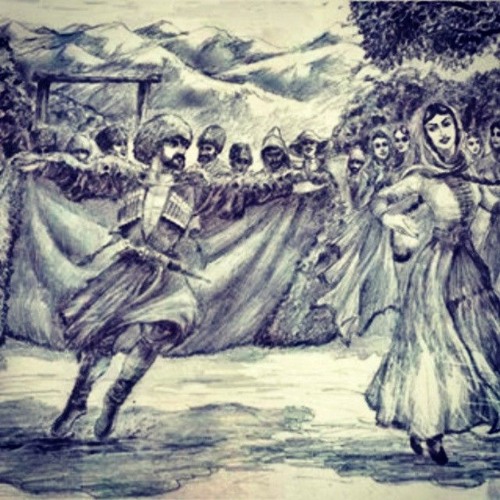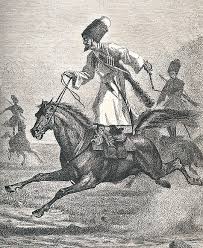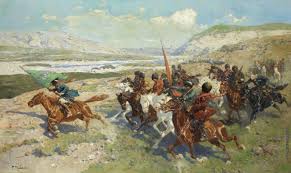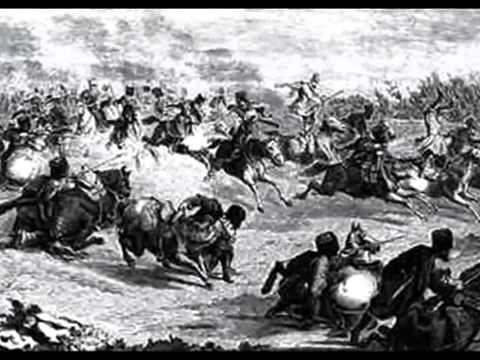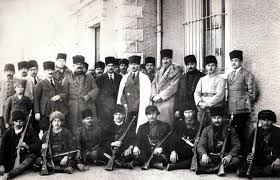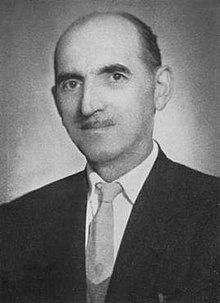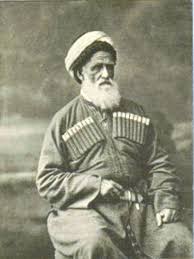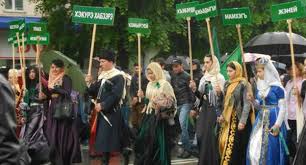The 12 Circassian Tribes - A Thread
The backgrounds, stories, and legacies of the past tribes and people
The backgrounds, stories, and legacies of the past tribes and people
The Circassian people belong to an old and proud nation that& #39;s divided between 12 tribes
These 12 tribes, who are represented by the stars on the Circassian flag, all have their own unique history, beloning and tale - whilst all sharing the Circassian language & values of khabze
These 12 tribes, who are represented by the stars on the Circassian flag, all have their own unique history, beloning and tale - whilst all sharing the Circassian language & values of khabze
You see originally the Circassians and Abazas were one nation, similar to how the Latin and Germanic people all descendend from one common root.
As time began to spread out, the groups migrated due to many factors, thus ultimatly creating the Ubykh, West, and Eastern tribes
As time began to spread out, the groups migrated due to many factors, thus ultimatly creating the Ubykh, West, and Eastern tribes
The biggest Circassian tribe, that survives today are the Kabardey Eastern Circassian.
Hailing from modern day Kabardino Balkaria, they are the largest tribe that dominates the North Caucasus numerically and also hold influentual enclaves in Turkey, Jordan and Syria.
Hailing from modern day Kabardino Balkaria, they are the largest tribe that dominates the North Caucasus numerically and also hold influentual enclaves in Turkey, Jordan and Syria.
The Kabardeys are and were considered to be the most unique Circassians as their dialect, traditions and society is built very differently
This mostly comes from the fact that the Kabardeys were the most feudal Circassian tribe who& #39;s Princes called Pshis held influence and power
This mostly comes from the fact that the Kabardeys were the most feudal Circassian tribe who& #39;s Princes called Pshis held influence and power
Here the Princes ruled over vast courts and lived by vary stratified codes. The nobles held the absolute power and their culture was very ornate and elaborate.
Because of this, they were the most political Circassian tribe and had the most interaction with outsiders.
Because of this, they were the most political Circassian tribe and had the most interaction with outsiders.
It was from here, the Kabardian nobles controlled different areas of Kabarda & owned great wealth, slaves, and trade due to their interactions
This was in large part due to Kabardian women often being wed to Persian Shahs, Turkish Sultans, and even Russian Tzar Ivan the Terrible
This was in large part due to Kabardian women often being wed to Persian Shahs, Turkish Sultans, and even Russian Tzar Ivan the Terrible
That being said, the Kabardians were the first Circassian tribe to fight against the Russians en masse during the Russo - Caucasian war when Yermolov invaded the Eastern Caucasus
They were the first to fall as by the 1830s 80% of their tribe was wiped out from war & plague alone
They were the first to fall as by the 1830s 80% of their tribe was wiped out from war & plague alone
Thus due to their influence of the nobles and the fact they were the first tribe to be massacred, the few nobles managed to break a truce with the Tzar ended up preserving the Kabardian nation which limited them from being exiled like their westward relatives.
Today, the descendants of the Kabardian people continue to hold sway and influence in modern and Circassian society.
They are among the most biggest business, political, social and economic leaders of the host countries they live, and are an ever-growing tribe and society.
They are among the most biggest business, political, social and economic leaders of the host countries they live, and are an ever-growing tribe and society.
The next biggest group in the Caucasus today are the Bjedugh Circassians.
Bjedughs are originally central Circassians who lived between the coast and the east and were known to be heavy landowners, agricultural farmers, and tradesmen who were governed by a parliamentary nobility
Bjedughs are originally central Circassians who lived between the coast and the east and were known to be heavy landowners, agricultural farmers, and tradesmen who were governed by a parliamentary nobility
Unlike the Kabardeys who& #39;s nobility ruled with absolute authority, the Bzedughs had a parliamentary system were a council of elders formed a "khasa" and whenever a Bjedugh prince wanted to engage in war or make a major descision, he must have permission of the elders.
For the Bjedughs - their language, culture, and tradition, while still formal & built off of nobility structures were not as sophisticated & divided as Kabardian people yet still held sway due to their resources
They were the largest western tribe that stayed after the war.
They were the largest western tribe that stayed after the war.
Today, Bzhedugs are among the most influential and largest group in the Western Circassian republic of Adygea.
They hold important posts and are the biggest tribe that dominate the agricultural farming and export center of the region, as well as in the diaspora.
They hold important posts and are the biggest tribe that dominate the agricultural farming and export center of the region, as well as in the diaspora.
The last major split from the Western/Eastern tribes were the Shapsugh Circassians
Before the war, they were the largest Circassian tribe in the Caucasus and they dominated and ruled most of the Black Sea Coast from the Anapa coast near the settlements of Sochi.
Before the war, they were the largest Circassian tribe in the Caucasus and they dominated and ruled most of the Black Sea Coast from the Anapa coast near the settlements of Sochi.
The Shapsugs were the most egalitarian Circassians among the 12 tribes.
They were the first and only tribes who abolished slavery, overthrew the noble (pshis) and ruled in an equal parliament where elected khasas made decisions. They shared the land and were fierce people.
They were the first and only tribes who abolished slavery, overthrew the noble (pshis) and ruled in an equal parliament where elected khasas made decisions. They shared the land and were fierce people.
In addition, the Shapsugs held a vast monopoly over trade in the Black Sea coast, & them and the various sub groups (explained later) controlled & defended the mountains fiercely.
Due to their size and influence, the Russians wanted to purge the entire West coast because of this
Due to their size and influence, the Russians wanted to purge the entire West coast because of this
When the war ended in the Central and Eastern Caucasus, the Russians unleashed the worst of the Circassian genocide onto the Shapsugh people.
Here the rivers of Tuapsa were drenched in blood and atrocities unimaginable were committed against the Shapsughs and their allies.
Here the rivers of Tuapsa were drenched in blood and atrocities unimaginable were committed against the Shapsughs and their allies.
As a result of the war, the Shapsughs the smallest major tribe in the Caucasus and live in the Black Sea Coast and the northwestern edge of Adygea.
Regardless of their small size, Shapsughs are the biggest group in Turkey and Israel, and are very influential in the Caucasus
Regardless of their small size, Shapsughs are the biggest group in Turkey and Israel, and are very influential in the Caucasus
Today Shapsugh Circassians are among the wealthiest businessmen in the homeland, the most influential in countries such as Israel, Jordan and Turkey and despite the fact they are the only tribe harassed bitterly by the Kuban Russians, they still fight on hard to their mountains.
In addition, their language (who& #39;s dialect is dying out very fast in the homeland) is one of the most unique languages of the world and have the highest concentrate of consonant sounds in their vocabulary and dialect @samopriya while still espousing simplicity and eglitarianism
Now the Shapsugs, Bjedugs, and Kabardeys are the biggest 3 tribes today in the homeland, and also the founders of their various sub groups.
Here, each of the 3 tribes had groups related to them but due to migration and dialect split from the big three as well.
Here, each of the 3 tribes had groups related to them but due to migration and dialect split from the big three as well.
For the Kabardeys, the closest subgroup that emerged from them were the Besleneys
The Besleneys were between the Kabardeys of the East and the Mamkegh/Chemguy of the West
While keeping many Kabardey prince traditions, their language was a unique hybrid of both eastern & western
The Besleneys were between the Kabardeys of the East and the Mamkegh/Chemguy of the West
While keeping many Kabardey prince traditions, their language was a unique hybrid of both eastern & western
Due to their location - the Besleneys were also heavily purged from the Caucasus and most were killed or exiled.
Today in the homeland, Besleneys live in the few villages of Karachay Cherkessk republic and the village of Ulyap, Adygea while the rest have small enclaves in Turkey
Today in the homeland, Besleneys live in the few villages of Karachay Cherkessk republic and the village of Ulyap, Adygea while the rest have small enclaves in Turkey
Mighty but small, the Besleneys are still among the proudest
They were responsible for saving Jews en masse in the holocaust and today, they are known as politicians, musicians, and business leaders throughout.
In fact, two of Adygea& #39;s Presidents alone were Besleneys from Ulyap
They were responsible for saving Jews en masse in the holocaust and today, they are known as politicians, musicians, and business leaders throughout.
In fact, two of Adygea& #39;s Presidents alone were Besleneys from Ulyap
For the Western Circassians - there are two main groups related to the Bjedughs.
The first are the Temirguys, also known as Chemguys, they were a small but extremely wealth Circassian tribe who lived with strict princely laws and lived on the North of the Circassian homeland.
The first are the Temirguys, also known as Chemguys, they were a small but extremely wealth Circassian tribe who lived with strict princely laws and lived on the North of the Circassian homeland.
Due to their proximity, they were killed off more than their Bzhedugh cousins but fortunately due to their connections, some managed to remain in the homeland and control a few villages around Adygea today.
The rest were relocated to Turkey and some to Syria
The rest were relocated to Turkey and some to Syria
Today, the Chemguys produced some of the most famous Circassian authors and their language is used as mostly the standard root and basis for the Western Literature Adyghebze.
Today they are among the most famous musicians, literature, & even newscasters such as Svetlana Tesheva
Today they are among the most famous musicians, literature, & even newscasters such as Svetlana Tesheva
The last group to be heavily related to the Chemguys around today are the Abzakhs.
The Abzakhs were the central Circassian tribe situated deep in the center of the Western Caucasus. They ruled in a parliamentary-style society & generally had more equality yet governed by Pshis
The Abzakhs were the central Circassian tribe situated deep in the center of the Western Caucasus. They ruled in a parliamentary-style society & generally had more equality yet governed by Pshis
The Abzakhs were among the Circassian tribes who fought very hard against the Russians & were purged heavily, in all of Adygea today - only one Abzakh village called Hakurinahable exists today
The rest were exiled in the diaspora and are big in Jordan, Syria,Turkey, and Israel
The rest were exiled in the diaspora and are big in Jordan, Syria,Turkey, and Israel
Today, the Abzakhs are among the most influential Circassian groups of the diaspora & even in the village of Rehaniyeh, they are the only diasproa Abzakh speaking village left
They will forever be immortalized through the struggles they led in the war https://www.youtube.com/watch?v=7xwRbsWB6Pc">https://www.youtube.com/watch...
They will forever be immortalized through the struggles they led in the war https://www.youtube.com/watch?v=7xwRbsWB6Pc">https://www.youtube.com/watch...
For the coastal Circassians, the reason why their societies split was mostly due to geography, as well as the fact that the two other coastal tribes kept their practices of nobles.
The only surviving subgroup of the Shapsugs today in the homeland are the Nattukhays
The only surviving subgroup of the Shapsugs today in the homeland are the Nattukhays
Orignally, the Nattukhays lived near the northern black sea coast of Anapa and were traders between Ottomans and Crimean Tatars.
They were democratic but still had aristocratic families. Their language and culture is still mostly similar to shapsughs and were proud people.
They were democratic but still had aristocratic families. Their language and culture is still mostly similar to shapsughs and were proud people.
Due to their location in Anapa, they were the first Coastal Circassian tribe to be purged from the Caucasus through either genocide or deportations. The Nattukhays were among the last tribes of the war to fight with the Ubykhs and were ultimately killed during the war in Sochi
Today the sole surviving Nattukhay village left is called Novo Nattukhay and is a remnant of the old Circassian village of Hatramtouk which was relocated during the 1920s by the USSR.
While its legacy maybe be weak, it has produced some great scholars such as Kadir Natho.
While its legacy maybe be weak, it has produced some great scholars such as Kadir Natho.
The other major coastal tribe that no longer has much influence or existence is the Hattuqway people.
The Hattuqways were the most warlike tribe and lived under nobles more fierce than their neighbors. They for years led wars against the Tatars and rival tribes.
The Hattuqways were the most warlike tribe and lived under nobles more fierce than their neighbors. They for years led wars against the Tatars and rival tribes.
When the Russo - Circassia war happened, most of the Hattukway tribe was either killed or exiled to Turkey where the rest mixed with their Shapsugh neighbors.
Today, the village of Hattukway was originally built by remnants of their people but mixed with Bzhedughs over time.
Today, the village of Hattukway was originally built by remnants of their people but mixed with Bzhedughs over time.
The last group of Circassian tribes are those extinct and in practicality but retain names
The first of this is the Zhaneys, they were a small Circassian tribe that lived far near the border of Crimea and were largely purged.
The rest mixed w/ the Western population.
The first of this is the Zhaneys, they were a small Circassian tribe that lived far near the border of Crimea and were largely purged.
The rest mixed w/ the Western population.
The second group to be practically wiped out is the Yegerkways,
They lived not too far from the Besleneys and due to their size were also killed heavily during the war. Renowned as fighters, they left a small village left in Adygea and its descendants boast famous warriors.
They lived not too far from the Besleneys and due to their size were also killed heavily during the war. Renowned as fighters, they left a small village left in Adygea and its descendants boast famous warriors.
The last whose culture is gone but barely alive are the Mamkegh.
They were a small tribe who were related to the Chemguys and were quickly purged from the homeland.
Today most people carry the "Mamkegh" last name but are scattered with their token village in Adygea today.
They were a small tribe who were related to the Chemguys and were quickly purged from the homeland.
Today most people carry the "Mamkegh" last name but are scattered with their token village in Adygea today.
The last tribe to be spoken about is arguably the most important tribe to know in Circassian history, and that& #39;s the Ubykh.
The Ubykh were the original inhabitants around the mountains of Sochi and were a unique society that had their own separate language and structures.
The Ubykh were the original inhabitants around the mountains of Sochi and were a unique society that had their own separate language and structures.
The Ubykh lived between the Shapsughs and Abkhazia and spoke a language that was a mix between the Abkhazian language and the Shapsugh Adighebze language.
They were a democratic yet still princely society and were very multicultural as they often spoke both Apsua and Shapsug.
They were a democratic yet still princely society and were very multicultural as they often spoke both Apsua and Shapsug.
Here they lived a very peaceful life as traders, fisherman, farmers, and craftsmen.
They were a fairly large society, and due to their unique structure were often asked by other tribes nearby to resolve the differences between various factions and groups
They were a fairly large society, and due to their unique structure were often asked by other tribes nearby to resolve the differences between various factions and groups
Their capital city was Sochi, and when the Russians invaded, they unleashed a horror with the sole intention to wipe out the Ubykh people from Circassia permanently.
They killed people en masse, burned entire villages and towns, and took a doctrine not to leave any Ubykh.
They killed people en masse, burned entire villages and towns, and took a doctrine not to leave any Ubykh.
As the Russians closed in - the Ubykhs, Shapsughs, Abzakhs and Nattukahys formed the last council of Kbaada and united together to form a last stand on the mountains called "Krasnaya Polyana" (ski slope now today)
There they fought hard until finally Circassia was lost forever
There they fought hard until finally Circassia was lost forever
When the war ended, the Russians issued the fatal May 21 edict and from here all Circassians who didnt make peace then were to be exiled from the homeland.
The few surviving ubykh were completely outcasted from their homeland and joined their brothers into exile.
The few surviving ubykh were completely outcasted from their homeland and joined their brothers into exile.
The story unfortunately didn& #39;t end there for the Ubykh
When they were exiled into Turkey, they landed in Istanbul destitute, poor and had little to their own. As they were traumatized by the war, their men were conscripted into the Ottoman army, and women sold as sex slaves.
When they were exiled into Turkey, they landed in Istanbul destitute, poor and had little to their own. As they were traumatized by the war, their men were conscripted into the Ottoman army, and women sold as sex slaves.
As a result, most Ubykh went into hiding, ever fearing to be killed again for their identity and when the Kemalist republic of Turkey engaged in its program to purge minority languages, the Ubykh elders encouraged their offspring to marry out into their Abaza and Shapsugh cousins
By the end of the 20th century - only one Ubykh language speaker was still alive and his name was Tevfik Esenç. He tried hard to preserve what& #39;s left of his people& #39;s culture and legacy.
When he finally died in 1992, the Ubykh language, blood and culture died forever.
When he finally died in 1992, the Ubykh language, blood and culture died forever.
Today, the Ubykh are a lost and extinct Circassian tribe by their language, blood, and culture completely.
Yet regardless the importance of them is to remember that if we lose our language, blood and culture like the Ubykh, then all Circassians will one day become extinct too.
Yet regardless the importance of them is to remember that if we lose our language, blood and culture like the Ubykh, then all Circassians will one day become extinct too.

 Read on Twitter
Read on Twitter